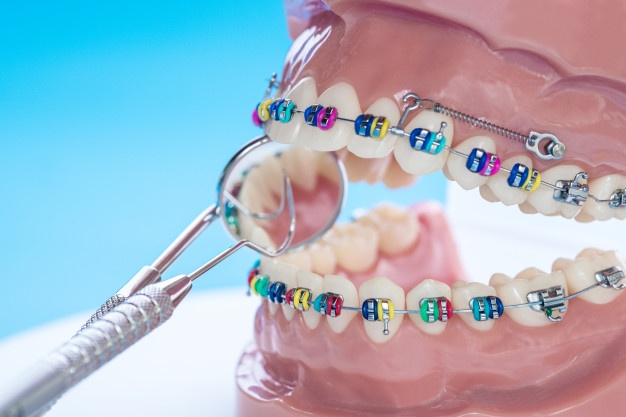Understanding the Role of Prosthodontics Dentistry Services in Smile Restoration
Prosthodontics plays a crucial role in restoring smiles by addressing complex dental issues that affect functionality, aesthetics, and overall oral health. This specialized branch of dentistry focuses on designing and implementing prosthetic replacements for missing or damaged teeth, helping patients regain confidence in their smiles. One of the primary functions of prosthodontics is replacing missing teeth with prosthetic devices such as dentures, bridges, or dental implants. These restorations not only improve the appearance of the smile but also restore proper chewing function and speech clarity. Dentures, for example, are removable prosthetic devices designed to replace missing teeth and surrounding tissues. They are custom-made to fit comfortably and securely in the mouth, providing patients with a natural-looking smile and the ability to chew food effectively. Bridges are another common prosthodontic solution used to replace one or more missing teeth. They consist of artificial teeth pontics held in place by crowns attached to the adjacent natural teeth or dental implants.

Bridges not only restore the aesthetics of a smile by filling in gaps but also prevent the remaining natural teeth from shifting out of position. Dental implants represent a significant advancement in prosthodontics, offering a more permanent and stable solution for replacing missing teeth. Implants are titanium posts surgically inserted into the jawbone, where they integrate with the bone structure over time. Once healed, dental crowns or prosthetic teeth are attached to the implants, providing a durable and natural-looking replacement that functions like natural teeth. Implants not only restore aesthetics and function but also help preserve bone density in the jaw, which can deteriorate over time in areas where teeth are missing. Prosthodontic services also encompass the restoration of damaged or severely decayed teeth. Crowns, also known as caps, are tooth-shaped coverings placed over a damaged tooth to restore its shape, size, strength, and appearance. Crowns are custom-made to match the color and contour of natural teeth, providing a seamless and aesthetically pleasing result. They can also protect weakened teeth from further damage and improve their overall longevity. Beyond replacing missing teeth and restoring damaged ones, prosthodontists also specialize in full mouth reconstruction for patients with complex dental needs.
This comprehensive treatment approach involves restoring the entire mouth using a combination of prosthetic devices, crowns, bridges, and implants to achieve optimal oral function and aesthetics. Full mouth reconstruction may be recommended for patients with extensive tooth loss, severe bite problems, or other underlying dental issues affecting their oral health and quality of life. In addition to the technical aspects of treatment, prosthodontists prioritize patient-centered care and consider individual preferences, oral health goals, and cosmetic concerns when designing treatment plans. They work closely with patients to understand their needs and expectations, ensuring personalized care and successful outcomes and view https://www.dentistredmond.com/redmond/sedation-dentistry/. Overall, prosthodontics plays a vital role in smile restoration by offering innovative solutions to replace missing teeth, restore damaged teeth, and enhance overall oral function and aesthetics. Through advanced techniques and materials, prosthodontists help patients achieve healthier, more confident smiles that improve their quality of life.
